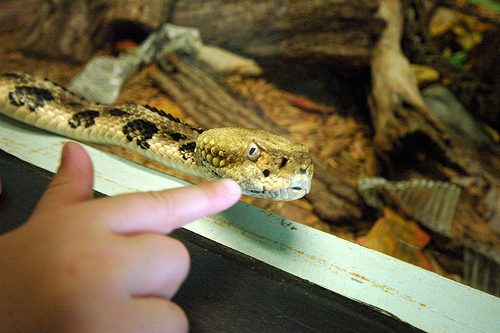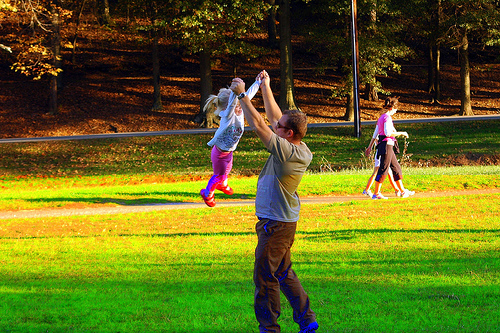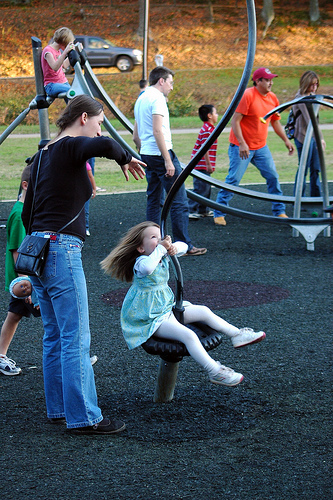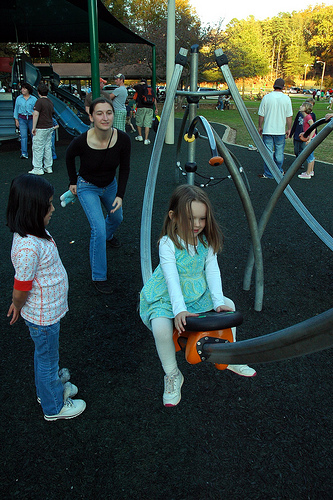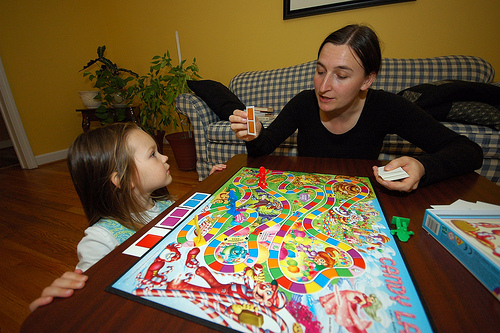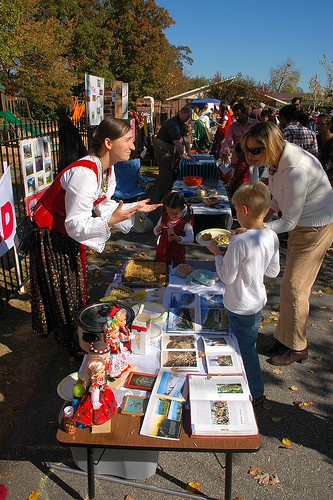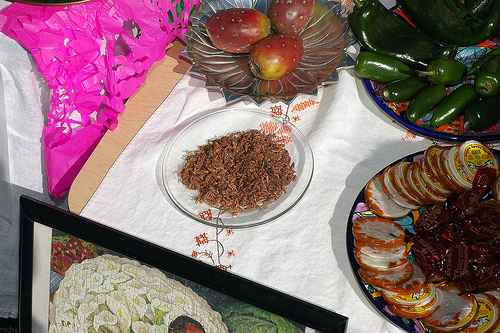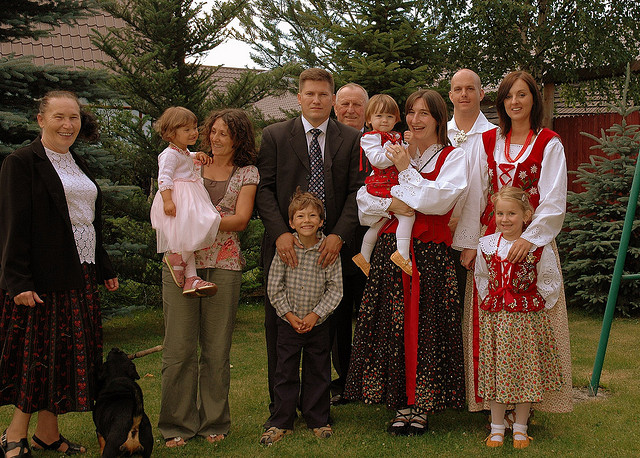Living this far south has its advantages: we’re still getting tomatoes from our backyard vines. More importantly, it makes getting out as a family easier, and the usual field trips continue.
Today, it is a trip to the zoo. L has been so many times that she has the sequence of animals memorized. The elephants get everything started — appropriate, because “they’re my favorite,” L declares.
The monkeys are next, followed by the reptiles. Usually L breezes through, barely glancing at the cold-blooded, slow-moving creatures. Today, though, they were unusually active, especially the rattlesnakes.
Once we get to the giraffes (who are right after the reptiles), though, L decides she’s had enough. “I want to go to the big playground,” she says, and we rush to the playground, stopping only long enough to get a picture with Bear.
The playground also has its routine. Swings are always first. Afterward, perhaps the slides, or maybe the huge jungle gym complete with music stations.
With the bright sun and warmth, we’re hardly the only ones out today. Everyone seems to realize that this could be the last truly warm weekend.
Then again, who would any of us be kidding?
Christmas could be almost this warm.
The problem is that the warmth is unpredictable. Planning birthday parties at the park — we’d love to have L’s at the park — becomes impractical because it might just turn cold that weekend. For this birthday group, though, the weather was on their side.
As we’re leaving, L surprises us by wanting to try a few new stations. This park has some truly innovated toys, though the first one L wants is a new twist on an old torture.
Nearby, though, is a track-based activity that is almost always broken: it seems to attract everyone, even teenagers who are much too heavy for it. Luckily, L’s interest coincides with a period of functionality. Next week it will almost certainly be broken again.
We return home and finish the day with a game of Candy Land. L quickly grasps the idea behind the game, but the multiple colors combined with the element of chance are too much for her. The fact that she might not get her favorite color — blue — is overwhelming, and so we make a new rule: L gets a blue card to begin with. Period.
With blue in hand, L happily goes along with just about anything.
